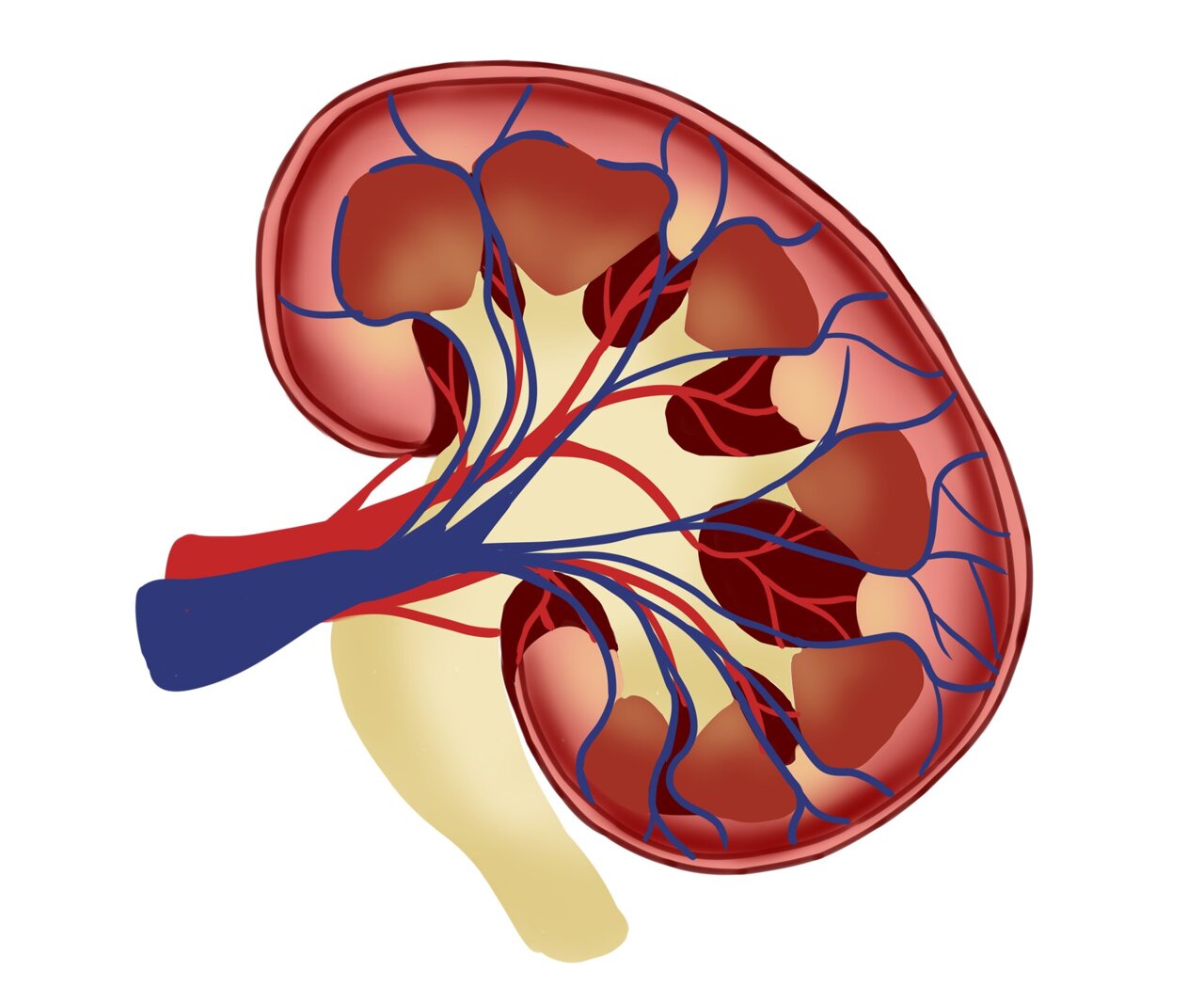Hospital-acquired acute kidney injury (HA-AKI) is a prevalent complication among hospitalized patients, with the potential to progress to chronic kidney disease and is linked to extended hospital stays, escalated healthcare expenses, and heightened mortality rates. Preventing HA-AKI is crucial for enhancing patient outcomes during hospitalization, despite the challenges posed by the multifactorial nature of its onset.
A study conducted by researchers at Mass General Brigham Digital evaluated the effectiveness of the Epic Risk of HA-AKI predictive model, a commercial machine learning tool, in forecasting the risk of HA-AKI using documented patient data. The findings indicated a moderate level of success in predicting HA-AKI risk compared to the internal validation results from Epic Systems Corporation, underscoring the necessity of validating AI models before clinical application.
The Epic model functions by evaluating the risk of HA-AKI in adult inpatient encounters, characterized by predefined elevations in serum creatinine levels. Following the model’s training with data from MGB hospitals, it was tested on a dataset comprising nearly 40,000 inpatient stays over a five-month period from August 2022 to January 2023. The dataset encompassed a comprehensive range of patient encounter details, including demographic information, comorbidities, primary diagnoses, serum creatinine levels, and length of hospitalization. The researchers conducted two analyses to assess the model’s performance at both encounter and prediction levels.
The study revealed that the tool exhibited greater reliability in identifying patients with a lower risk of HA-AKI. While it effectively ruled out the likelihood of HA-AKI in low-risk patients, it faced challenges in predicting the onset of HA-AKI in high-risk patients. Furthermore, the model’s performance varied based on the severity of HA-AKI under evaluation, showing more accurate predictions for Stage 1 HA-AKI compared to severe cases.
The authors of the study concluded that the implementation of the Epic predictive model could lead to elevated false-positive rates and emphasized the need for further investigation into its clinical implications.
Lead study author Sayon Dutta, MD, MPH, from Mass General Brigham Digital’s Clinical Informatics team and an emergency medicine physician at Massachusetts General Hospital, highlighted, “We found that the Epic predictive model excelled in excluding low-risk patients but faced challenges in identifying high-risk patients. While predictive models for HA-AKI risk assessment could assist clinical decision-making, such as cautioning providers against prescribing nephrotoxic medications, additional research is warranted before clinical integration.”
The research paper detailing these findings has been published in the journal NEJM AI.
Source:
Sayon Dutta et al, External Validation of a Commercial Acute Kidney Injury Predictive Model, NEJM AI (2024). DOI: 10.1056/AIoa2300099
Provided by:
Mass General Brigham
Citation:
Commercial AI tool moderately successful at predicting hospitalization-related kidney injury (2024, February 18)
retrieved 18 February 2024
from https://medicalxpress.com/news/2024-02-commercial-ai-tool-moderately-successful.html
Please note that this content is copyrighted and should only be used for informational purposes, with proper attribution.










